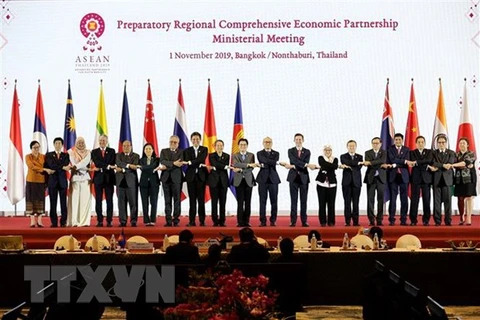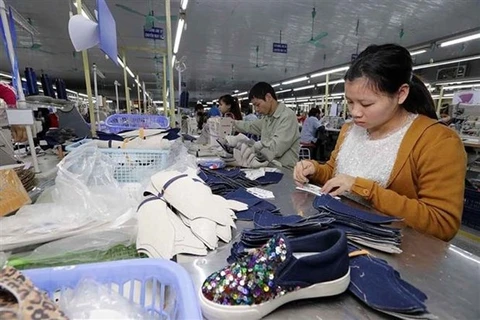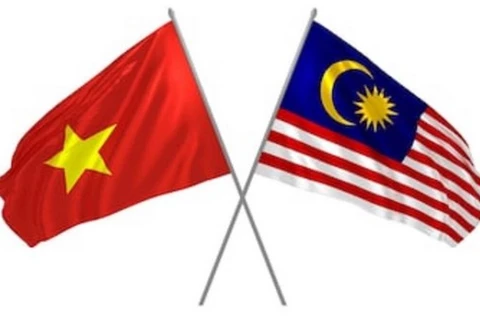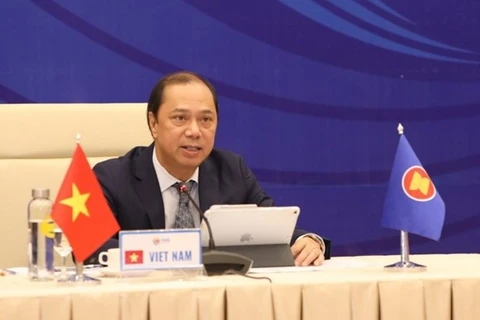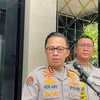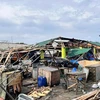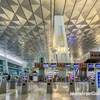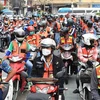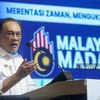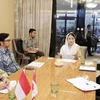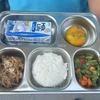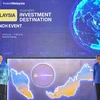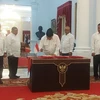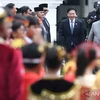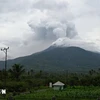 Iman Pambagyo, Director General of International Trade Negotiations at the Trade Ministry of Republic of Indonesia and Chief of the RCEP Trade Negotiating Committee of ASEAN, speaks to a Vietnam News Agency reporter in Indonesia. (Photo: VNA)
Iman Pambagyo, Director General of International Trade Negotiations at the Trade Ministry of Republic of Indonesia and Chief of the RCEP Trade Negotiating Committee of ASEAN, speaks to a Vietnam News Agency reporter in Indonesia. (Photo: VNA)Jakarta (VNA) – If the Regional Comprehensive Partnership (RCEP) Agreement could be signed this November, it will send a “clear” and “very strong political signal” about multilateral trading in the context of COVID-19, said an Indonesian official.
While the multilateral trading system is being questioned by many countries, many governments and communities, “we minutes to seal the deal and to confirm our intention to expand and deepen our economic articulation,” Iman Pambagyo, Director General of International Trade Negotiations at the Trade Ministry of Republic of Indonesia and Chief of the RCEP Trade Negotiating Committee of ASEAN, told Vietnam News Agency.
The deal will enter force perhaps two or three years; but at this point in time, this is a way for the sides to address sensitivities that they may have during the negotiations, he said.
Iman outlined one of the challenges to the signing of the deal is to “find a balance of interests among system countries”.
“So we managed to come to this point where only a few, very few issues need to be settled for this month in July, and I'm quite confident that we can sign this agreement in November and become one of the major Vietnam's deliverables this year.”
He went on to note that the RCEP will facilitate better the movement of goods, people and capitals in Asia, so Indonesia will benefits from the RCEP as much as other countries, suggesting that moving forward digital economy will be an area where Indonesia and Vietnam can partners to develop the sector and to capture the part of markets in RCEP in particular.
“Another area could be manufacturing, but it was specifically in the area of automotive sectors,” he said, adding that the two countries can also cooperate in agriculture and food processing.
The official also appreciated the chairmanship of Vietnam this year to lead ASEAN "in this very challenging time”./.
VNA
